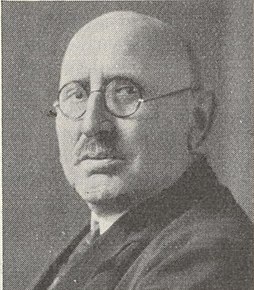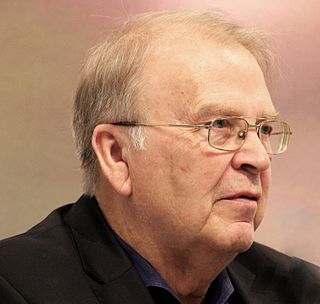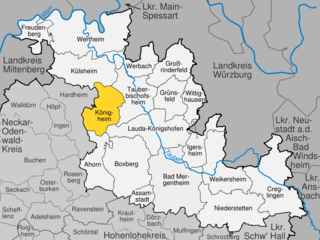
Johann Wilhelm Archenholz was born in Langfuhr (Wrzeszcz) near Danzig (Gdańsk) on 3 September 1741. He was a Prussian officer, Professor of History and a publicist. His book about the history of the Seven Years' War (1756–63) was the basis for many reprints, as well as for school books. Archenholz commissioned a Berlin artist, Johann Friedrich Bolt, to produce a copper etching for Archenholz's History of Gustav Vasa of the famous Swedish Nobility. He died in Öjendorf on 28 February 1812, where a street is named after him today.
Patrick Süskind is a German writer and screenwriter, known best for his novel Perfume: The Story of a Murderer, first published in 1985.

Adam Stegerwald was a German Catholic politician and a leader of the left wing of the Centre Party.
Franz Carl Heimito, Ritter von Doderer; known as Heimito von Doderer was an Austrian writer. He was nominated for the Nobel Prize in Literature five times.

Wilhelm Raabe was a German novelist. His early works were published under the pseudonym of Jakob Corvinus.

Wilhelm Genazino was a German journalist and author. He worked first as a journalist for the satirical magazine pardon and for Lesezeichen. From the early 1970s, he was a freelance writer who became known by a trilogy of novels, Abschaffel-Trilogie, completed in 1979. It was followed by more novels and two plays. Among his many awards is the prestigous Georg Büchner Prize.
Erhard Wittek, better known for his pen name Fritz Steuben, was a German author who wrote war novels and stories depicting American Indians. Steuben wrote war novels based on personal experiences in World War I and other novels under his birth name.
Goldmann is a publishing house in Munich and part of the Bertelsmann group belonging to the Random House Publishing Group. They are the best-selling commercial publishers in Germany, especially in paperbacks.

Lőwy Hevesi Lajos, or Ludwig Hevesi was a Jewish Hungarian journalist and author.

Sten Nadolny, is a German novelist. His parents, Burkhard and Isabella Nadolny, were also writers.

Franz Fühmann was a German writer who lived and worked in East Germany. He wrote in a variety of formats, including short stories, essays, screenplays and children's books. Influenced by Nazism in his youth, he later embraced socialism.
Bruno Dallansky was an Austrian actor who was best known for his roles on television and stage.

Anant Kumar, is a German author of Indian descent. He spent his childhood in Motihari where his father Rajendra Prasad was Professor at Munshi Singh College. He resides in Kassel, Germany.
Dimitar Janakiew Inkiow was a Bulgarian writer.
Hermann Karl Lenz was a German writer of poetry, fiction stories, and novels. A major part of his work includes 10 volumes in a semi-autobiographical novel cycle about the alter-ego figure "Eugen Rapp". In the 1970s he published the 7-volume Schwäbische Chronik.

Wilhelm Wackernagel was a German-Swiss philologist specializing in Germanic studies. He was the father of Indo-Europeanist Jacob Wackernagel.

Marlene Streeruwitz is an Austrian playwright, novelist, poet and short story writer.
Jakob Kinau was a German sailor, sergeant of the Imperial Navy, writer, publisher and customs officer.
Günther Hillmann was a German biochemist. During the Second World War he worked on a research project to which the concentration camp doctor Josef Mengele delivered blood samples from Auschwitz concentration camp. After the war, he directed the Chemical Institute of the Nuremberg Hospitals for the rest of his life.
Bernhard Blume was an emigre from Nazi Germany who became a professor of German literature at Mills College, Ohio State University, Harvard University, and the University of California, San Diego. In addition to scholarly works, he authored several plays, a novel, and an autobiography.












